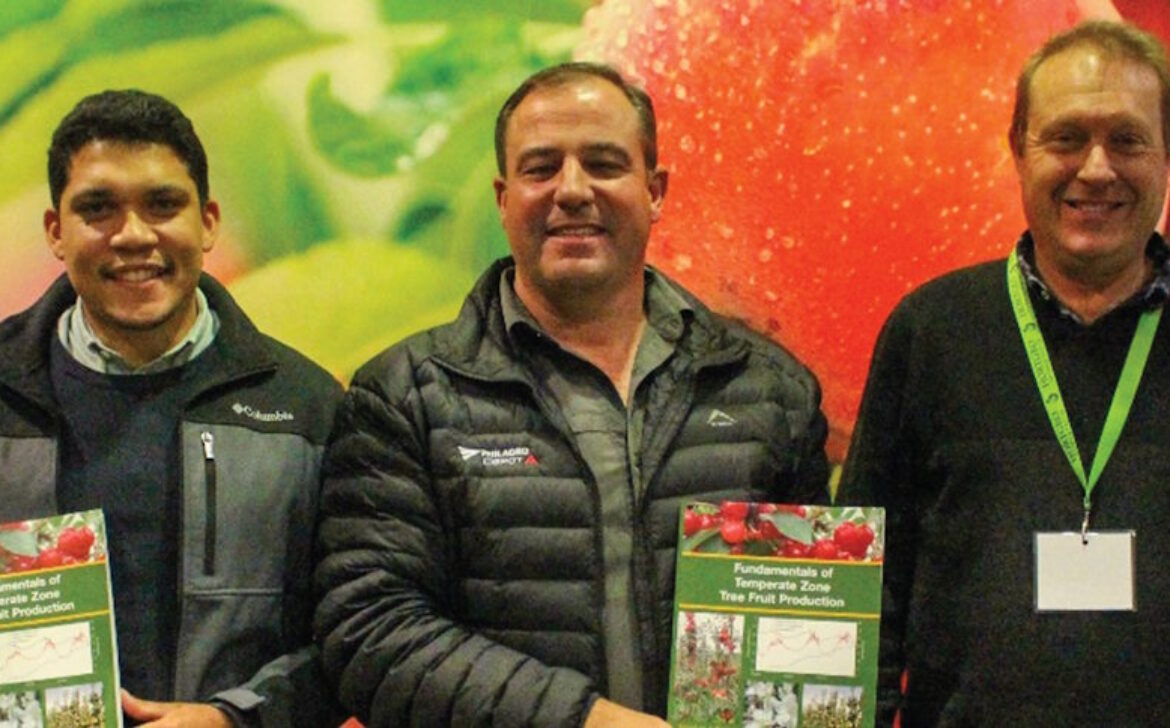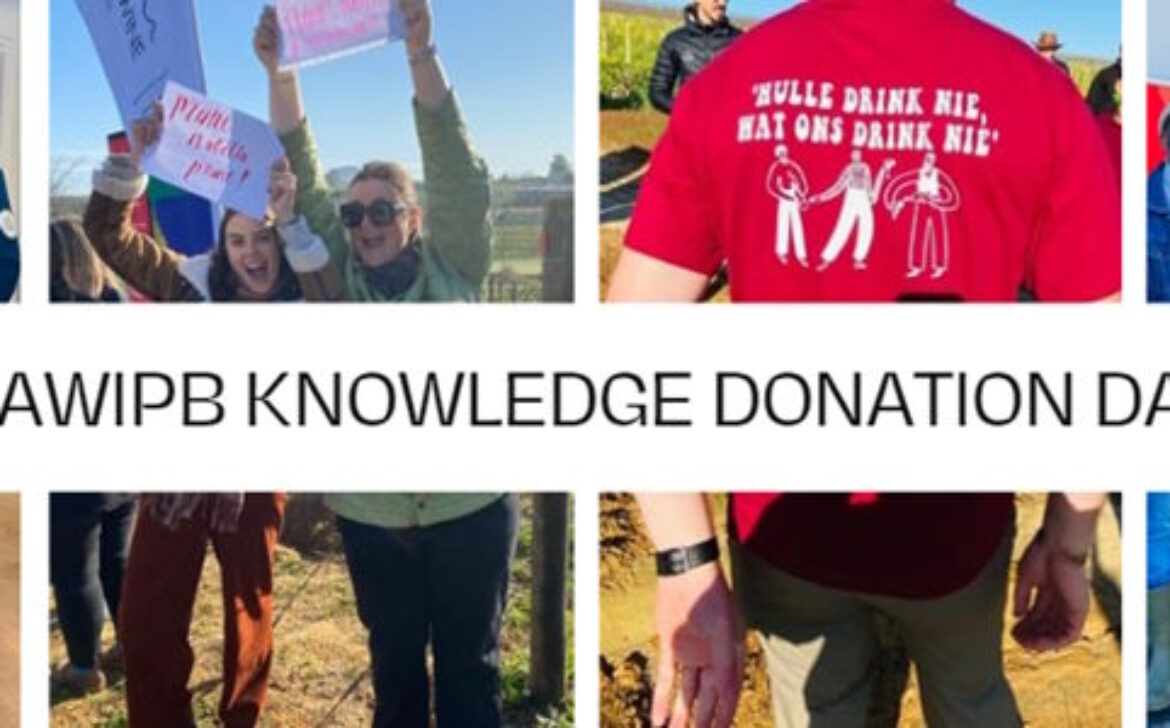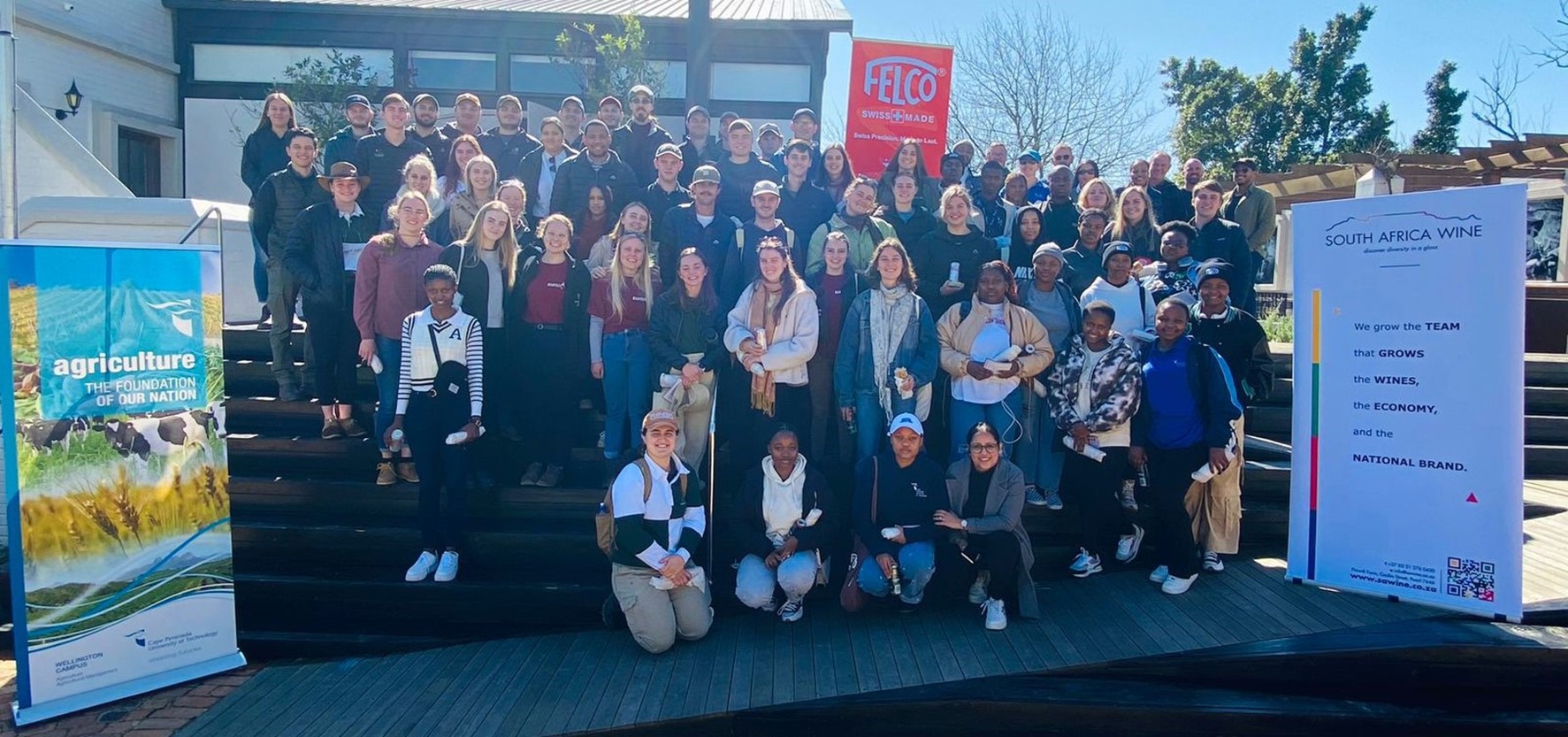Prof Danie Brink received an award from the World Aquaculture Society
The World Aquaculture Society was founded in 1969 as the World Mariculture Society. Since its beginning, the membership in WAS has grown to more than 3,000 members in about one hundred countries representing the global aquaculture community. To meet the expanding international nature of the Society and to address specific needs in various areas of the world, the WAS has created Chapters in the United States, Japan, Korea, Latin American and Caribbean region, Asian-Pacific region and most recently in Africa. The WAS is associated with other aquaculture associations such as the Aquaculture Association of Canada, Aquaculture Association of South Africa, Aquaculture without Frontiers, Asian Fisheries Society, Brazilian Society of Aquaculture and Aquatic Biology, China Society of Fisheries, Egyptian Aquaculture Society, European Aquaculture Society, Indonesian Aquaculture Society, Korean Aquaculture Society, Malaysian Fisheries Society, Society of Aquaculture Professionals (India) and Spanish Society of Aquaculture. Through its diverse membership and international networks, the WAS provides leadership for enhanced international communications, collaboration, and information exchange. The World Aquaculture Society is a dynamic organization capable of responding to change and is recognized for its professional credibility in aquaculture science, technology, and education.
Aquaculture will have to play an increasingly key role in meeting the global demand for fisheries products as the world population continues to expand and fisheries stocks approach their biological limits. Although worldwide aquaculture production reached an all-time high of 114.5 million metric tons valued at $263.6 billion (US$) in 2018, aquaculture production will have to continue to expand to meet world demand for fisheries products. Aquaculture will also play an important role in economic and community development throughout the world as the world moves to a more global economy. The progressive development and expansion of aquaculture will be dependent on the generation, dissemination, and adoption of knowledge and technology consistent with broad societal, national, and international goals. As aquaculture production expands to meet the global demand for fisheries products, it is essential that efficient and environmentally sustainable production systems be developed and utilized.
At the opening ceremony of the biennial Conference of the Aquaculture Association of Southern Africa which took place on the main campus, Jan mouton building, on Tuesday 10th of September 2024, the president of the African Chapter of the World Aquaculture Association, Mrs. Foluke Areola, handed over a certificate of appreciation to Prof Danie Brink. The certificate was an acknowledgement of the huge contribution which the University made in the establishment of the African Chapter. Dr Khalid Salie and Mr Henk Stander served on the Steering Committee of the African Chapter for more than a year and assisted in the establishment of the African Chapter.
At the end of the weeklong Aquaculture Conference, Henk Stander also received the award for the Aquaculturist of the year. This award recognizes outstanding contributions to aquaculture in Southern Africa. Nominations are open to individuals, companies, or institutions that have made significant contributions to aquaculture development in South or Southern Africa. Henk served on the AASA EXCO uninterrupted for 17 years in various portfolios and was a member of the Local Organizing Committee for the last 6 Aquaculture Scientific Conferences and chaired the LOC for the last 5 Scientific Aquaculture Conferences. Miss Samantha Joa also from Stellenbosch University (Genetics Department) received the award for the best PhD Oral Presentation at the Aquaculture Conference.


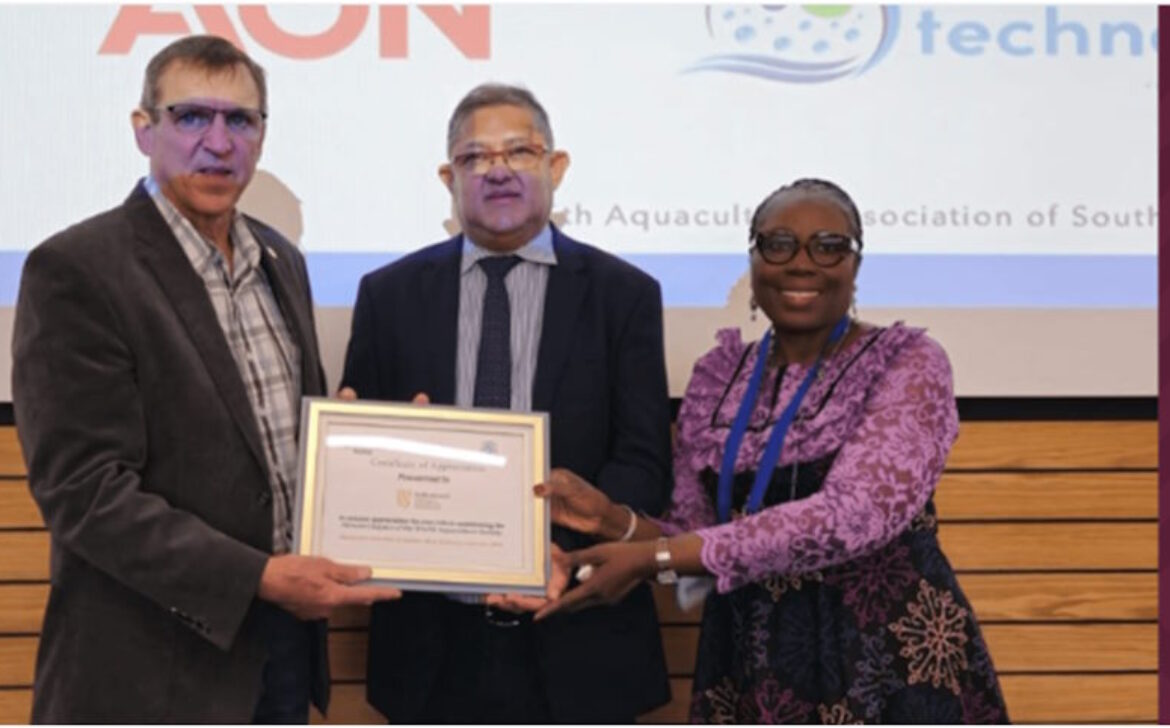
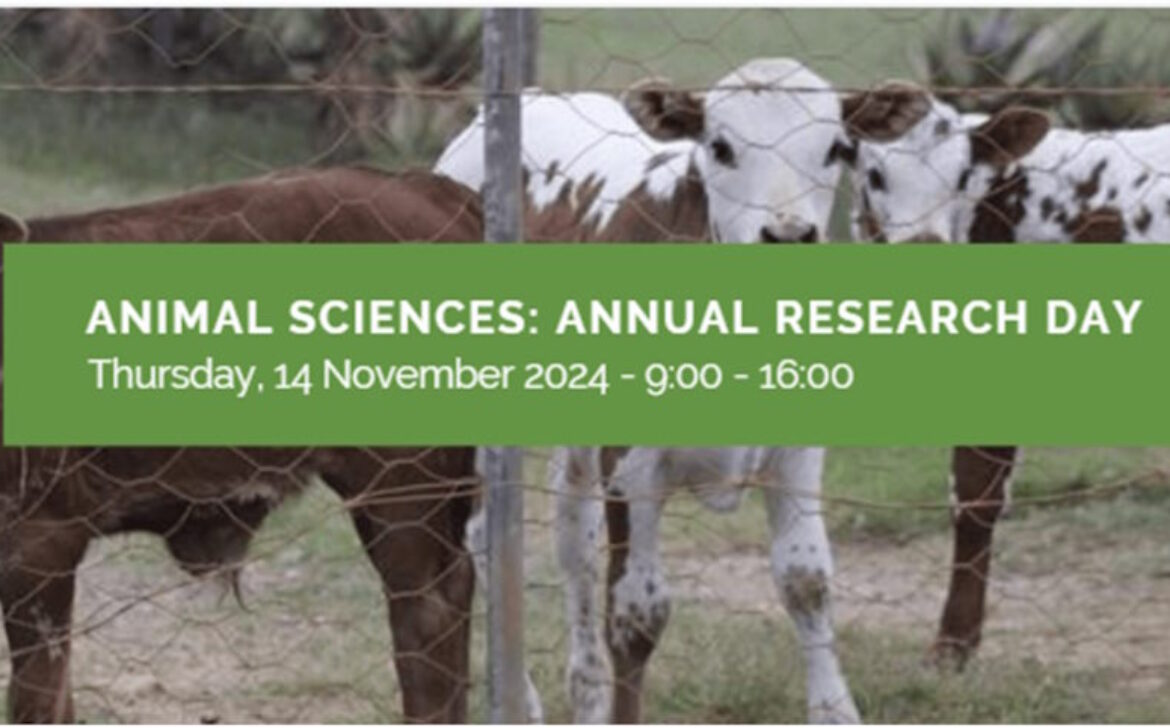
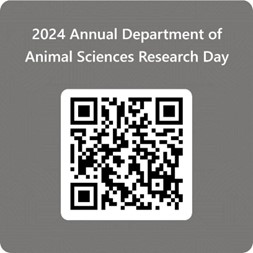
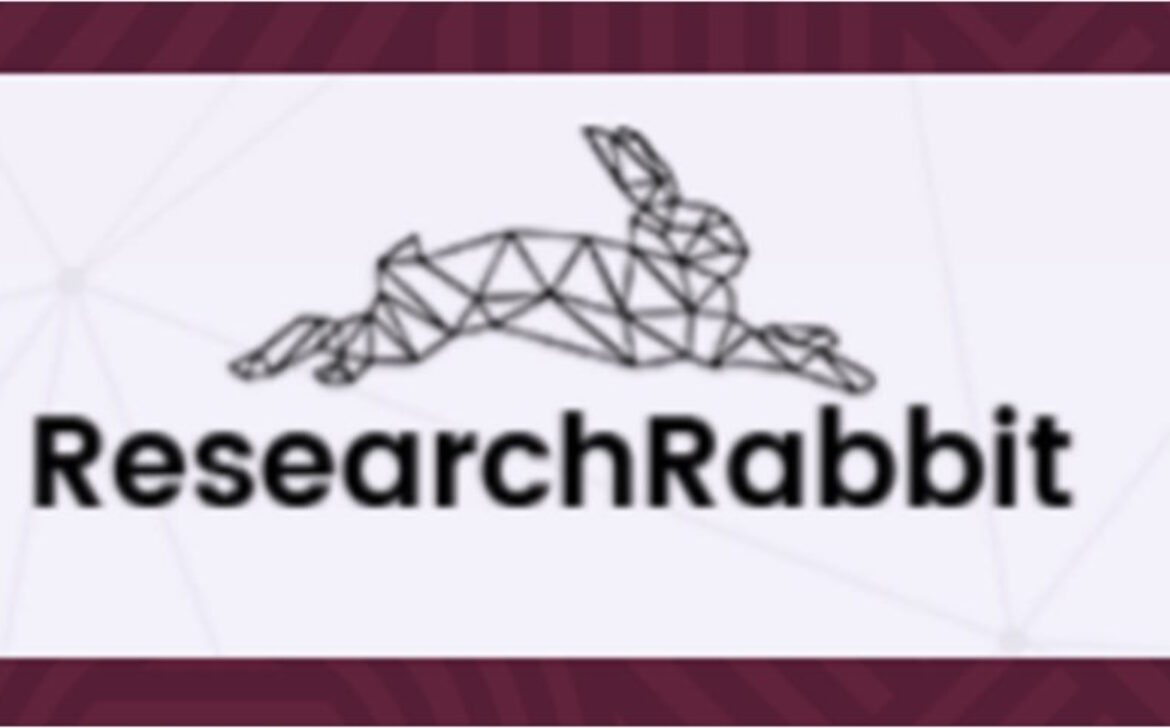
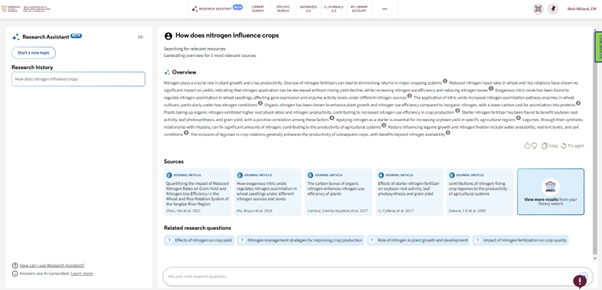
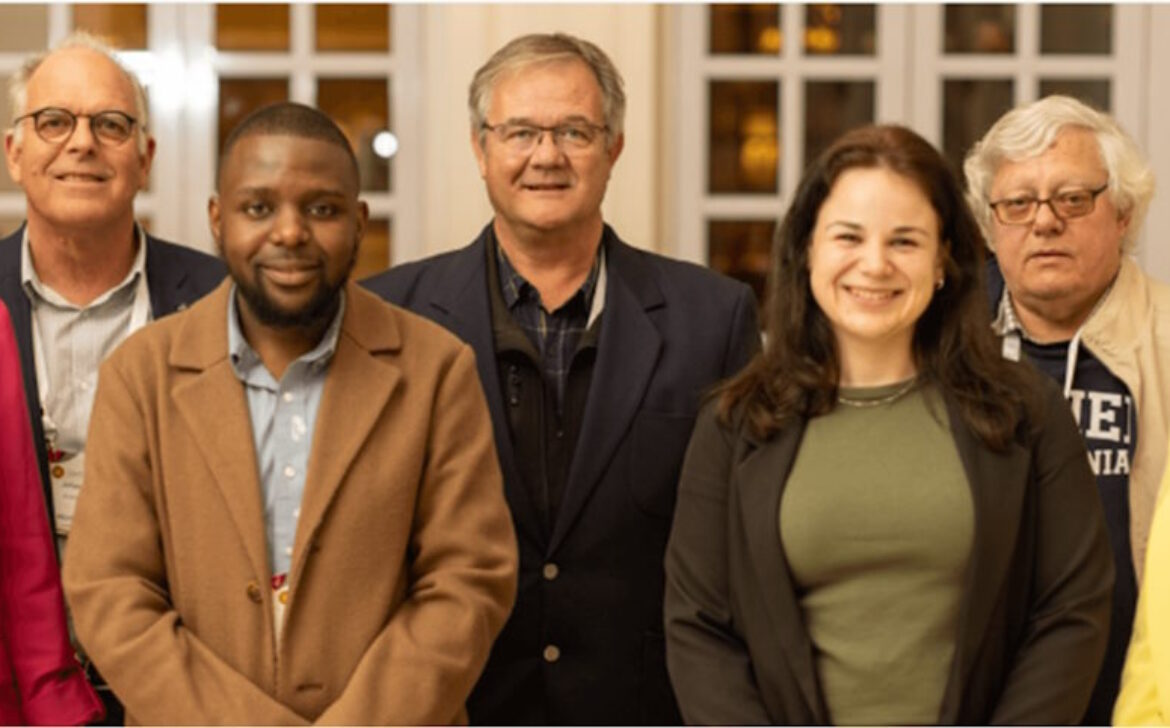
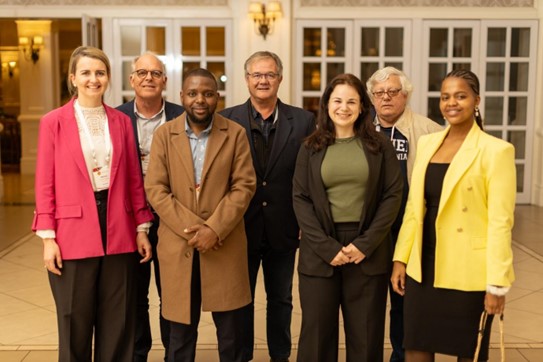
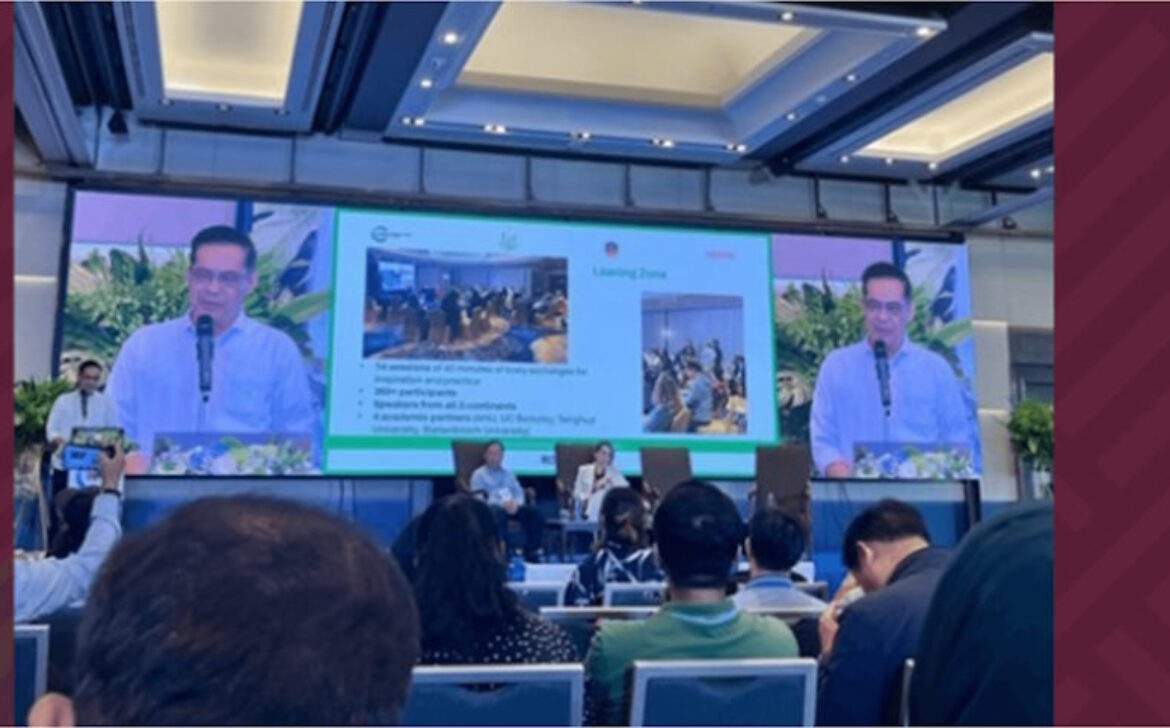
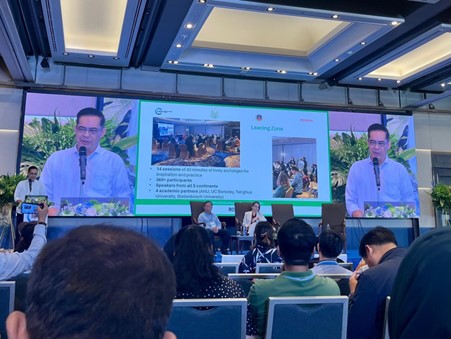
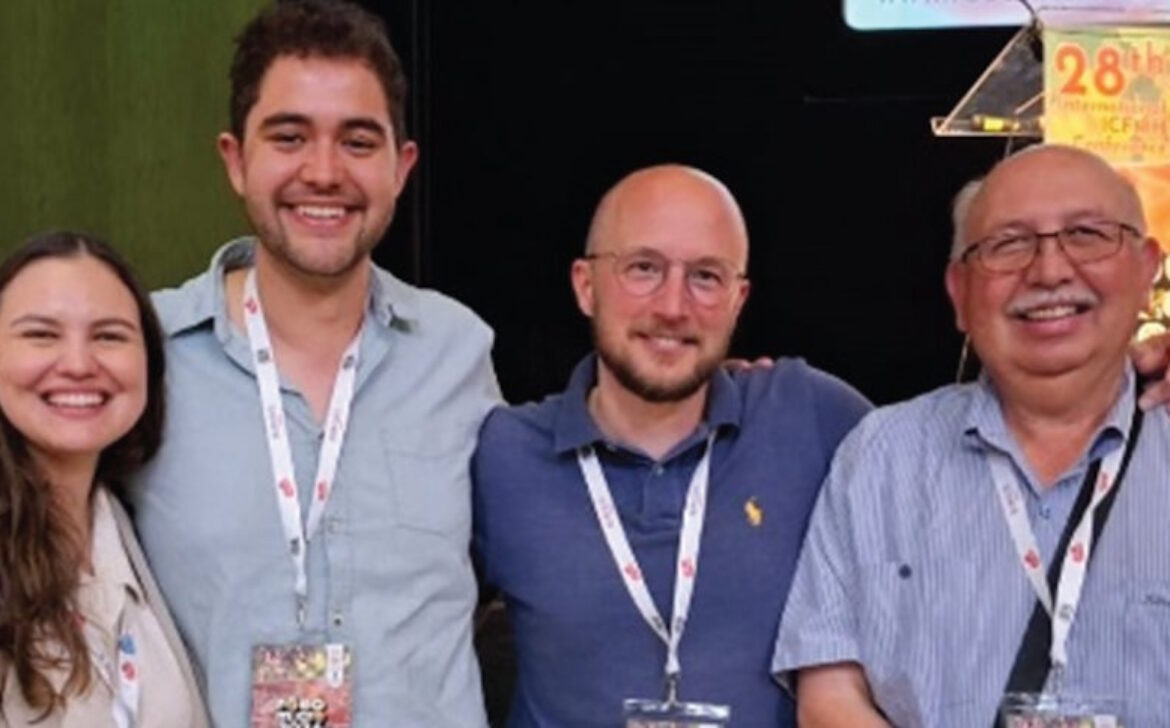
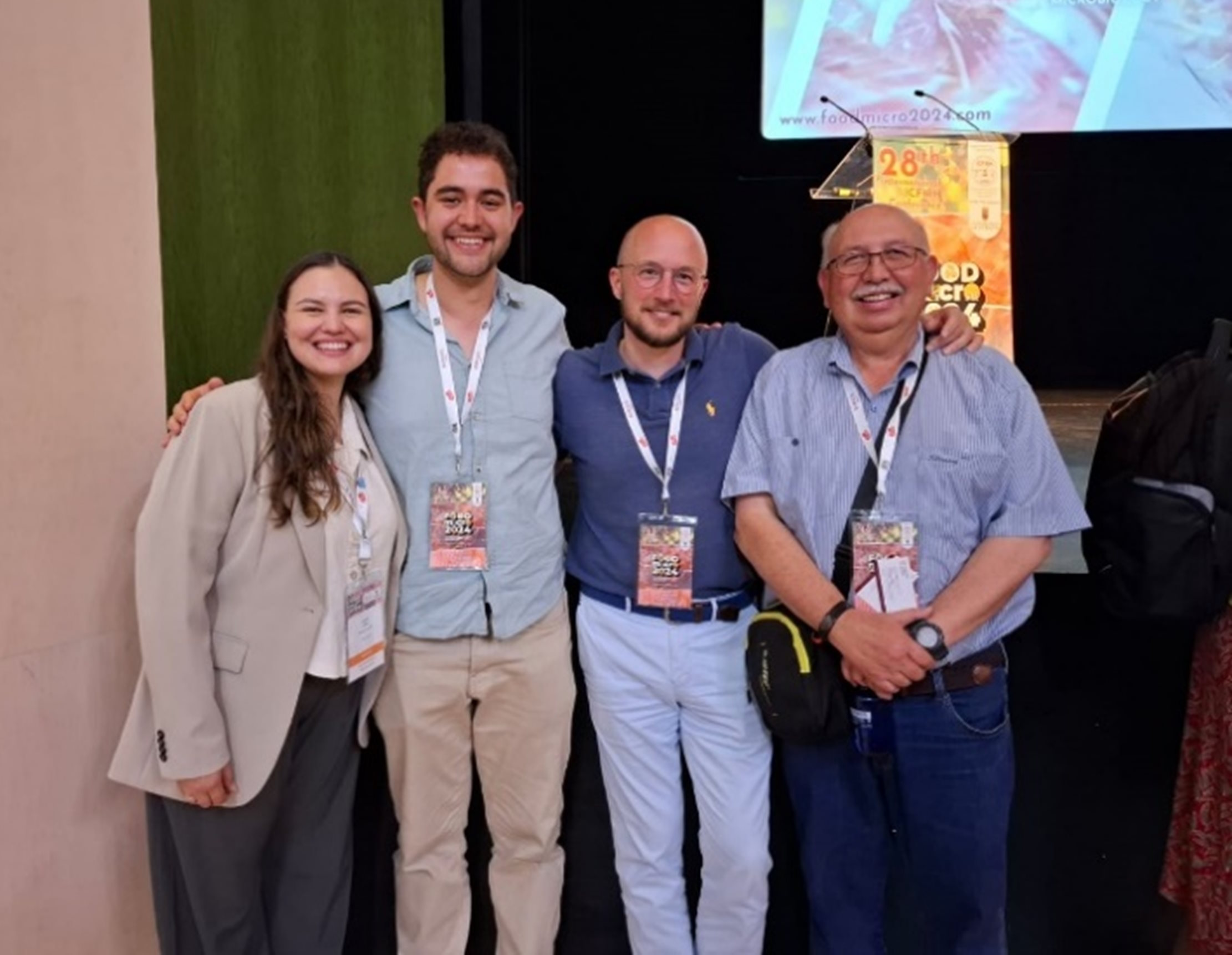
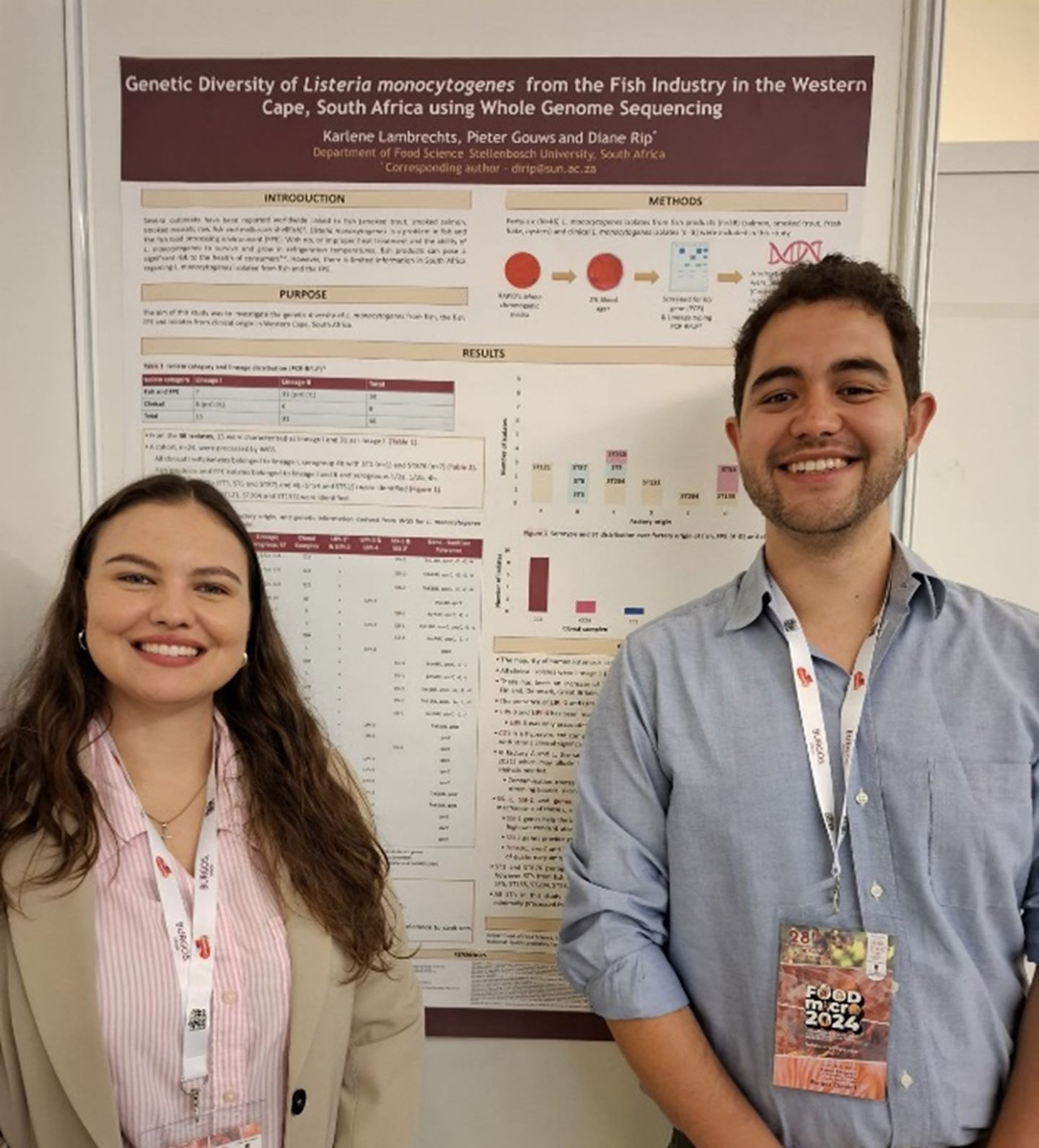


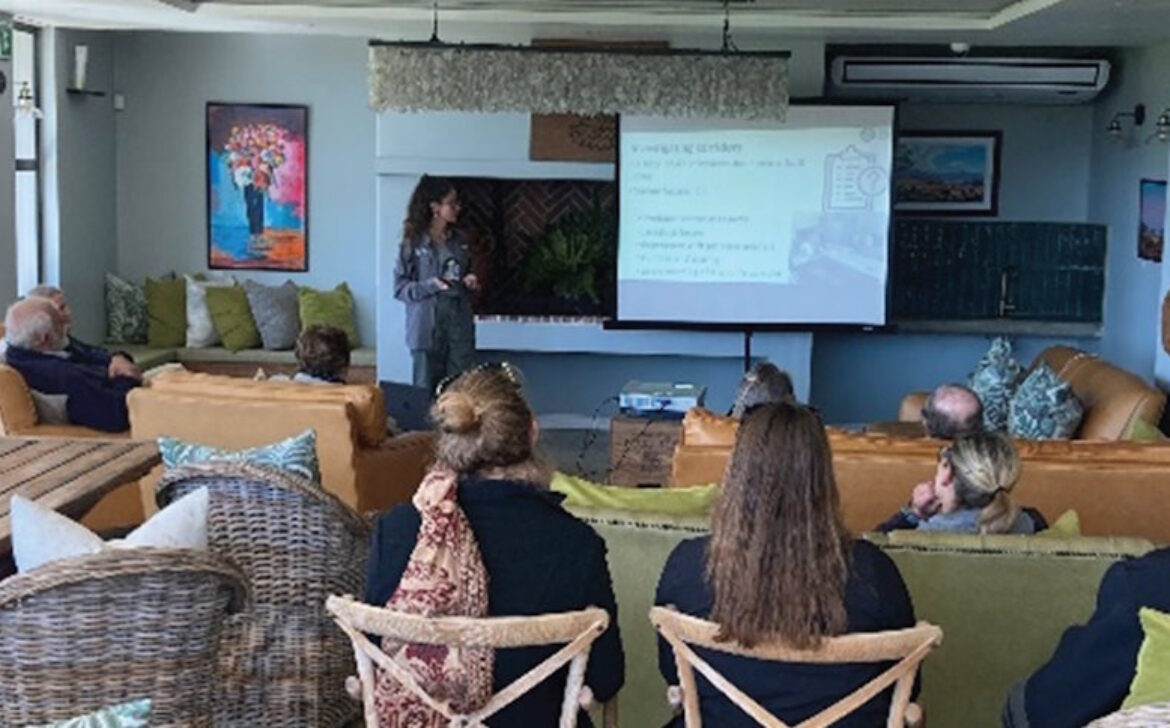
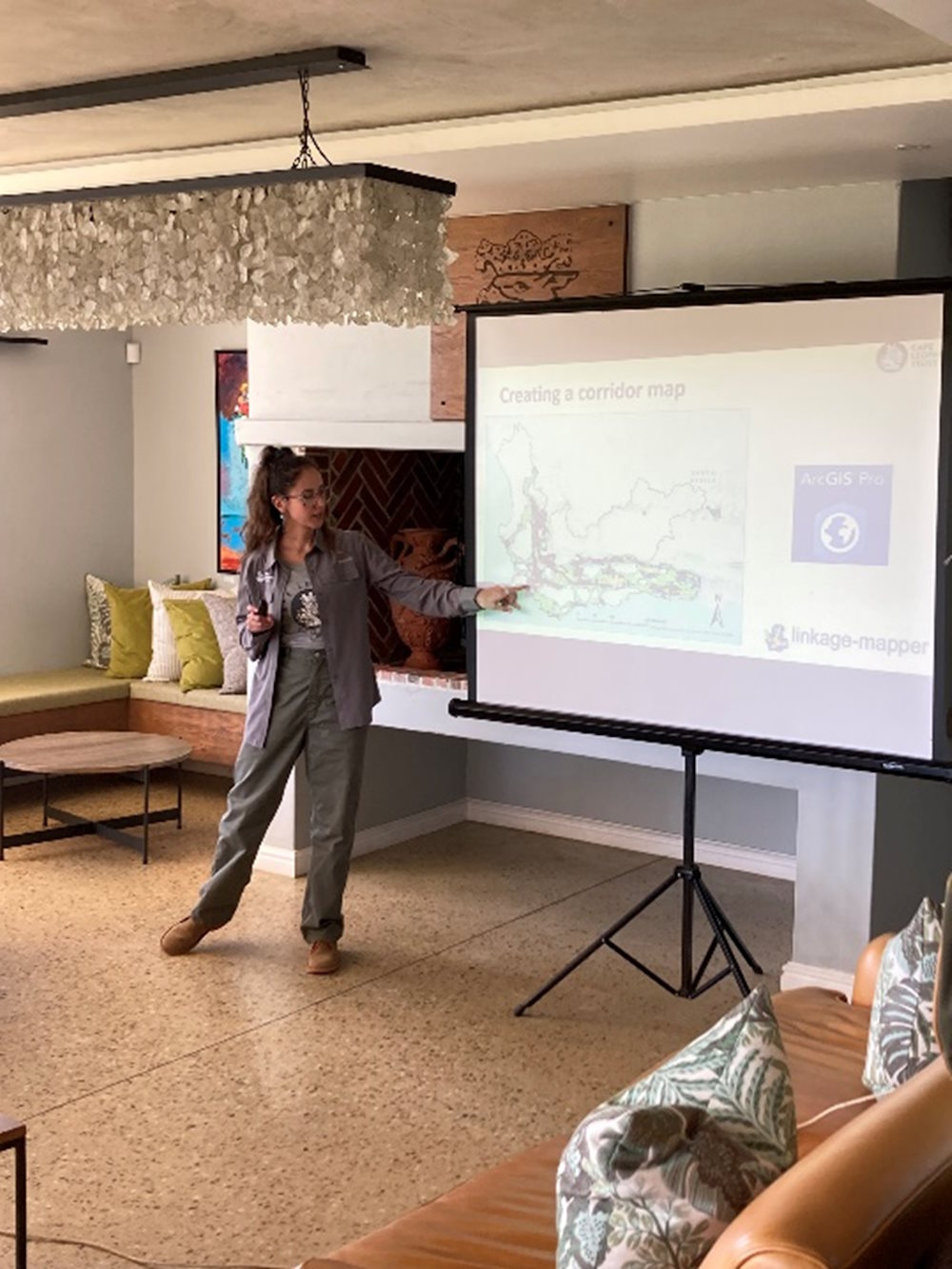
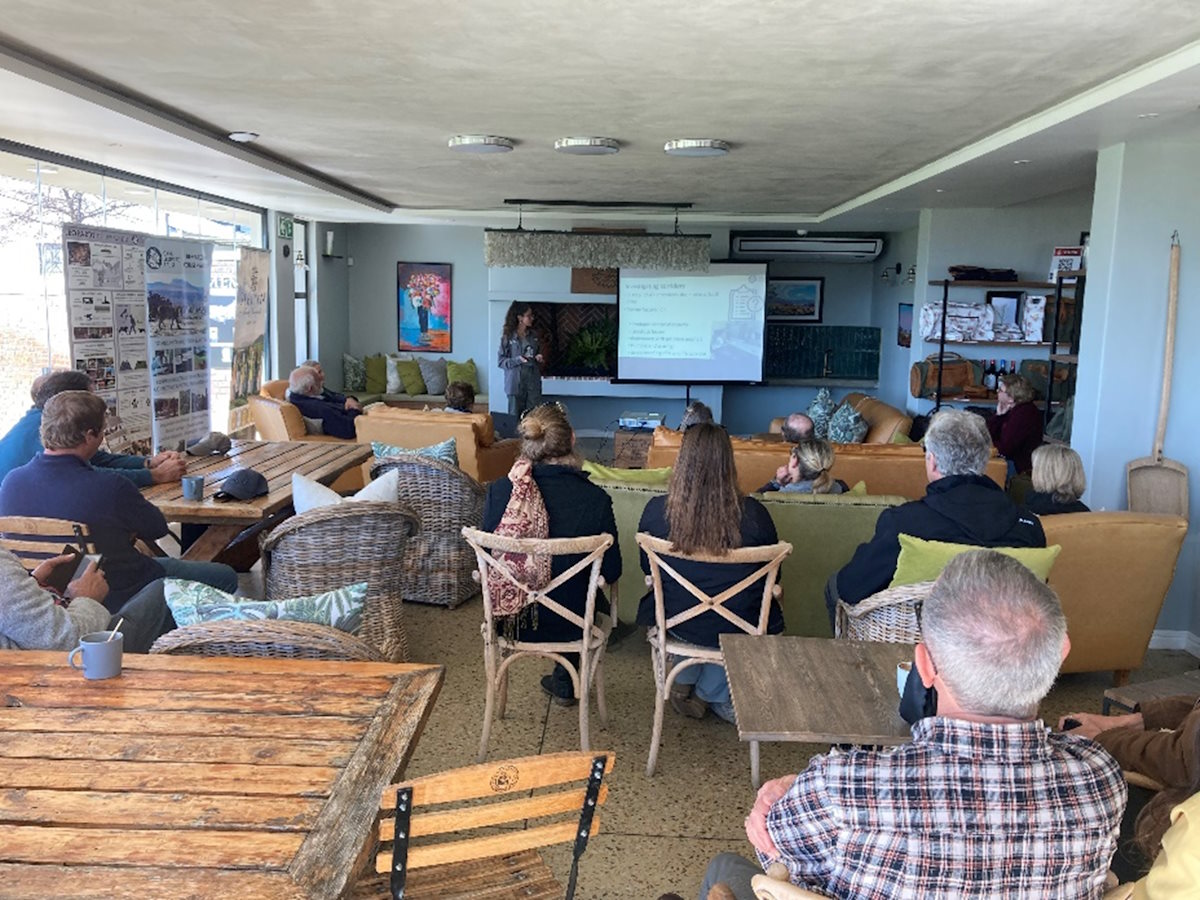 Photo 2. MSc student Jamie-Lee Carle presenting interview findings to the landowners she interviewed in Villiersdorp, Western Cape, South Africa.
Photo 2. MSc student Jamie-Lee Carle presenting interview findings to the landowners she interviewed in Villiersdorp, Western Cape, South Africa.